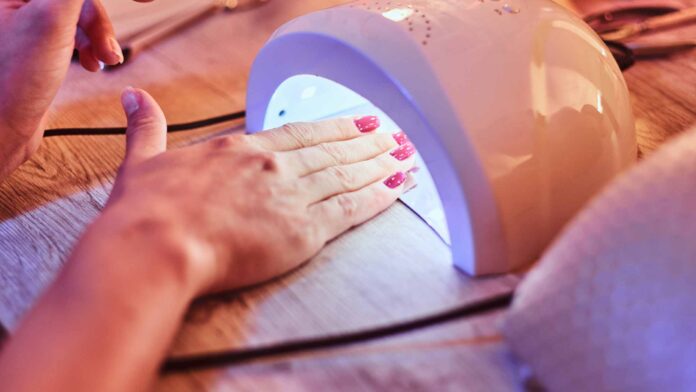Imagine walking into a salon, excited for a relaxing manicure or pedicure, only to leave with a dreaded nail fungus. Not exactly the experience you were hoping for, right? Nail fungi can be a serious concern for salons and their clients alike, as they can not only be unsightly but also pose health risks. In this blog post, we will explore why nail fungi are of concern to a salon and why it is essential for salons to take necessary precautions to prevent its spread.
Nail fungi, also known as onychomycosis, are infections that occur when fungi invade the nails. This can lead to discoloration, thickening, and crumbling of the nails, making them look unattractive and causing discomfort. In a salon setting, the risk of nail fungi spreading from one client to another is high due to the close proximity of clients and the sharing of tools and equipment.
One of the main reasons why nail fungi are of concern to a salon is the potential damage to the salon’s reputation. If clients contract a nail fungus after visiting a salon, they are likely to share their negative experience with others, leading to a loss of business and trust. Additionally, salons may face legal implications if proper hygiene protocols are not followed, putting their business at risk.
To prevent the spread of nail fungi in a salon, proper sanitation and hygiene practices must be in place. Salons should disinfect all tools and equipment between clients, use disposable nail files and buffers, and regularly clean and sterilize work surfaces. It is also crucial for salon staff to be educated on the signs of nail fungi and how to handle infected clients with care.
In addition to protecting the salon’s reputation and ensuring client safety, taking steps to prevent nail fungi can also result in cost savings. Treating nail fungi can be time-consuming and expensive, and preventing its spread can help save the salon from the financial burden of dealing with infected clients.
Overall, nail fungi are of concern to a salon due to the potential harm they can cause to clients, staff, and the business itself. By implementing proper hygiene practices and staying vigilant, salons can protect themselves and their clients from the risks associated with nail fungi.
In conclusion, nail fungi should not be taken lightly in a salon setting. It is essential for salons to prioritize hygiene and sanitation practices to prevent the spread of infections and protect their reputation. By being proactive and educating both staff and clients on the importance of nail health, salons can create a safe and welcoming environment for everyone. Remember, prevention is key when it comes to nail fungi, so don’t wait until it’s too late to take action.












